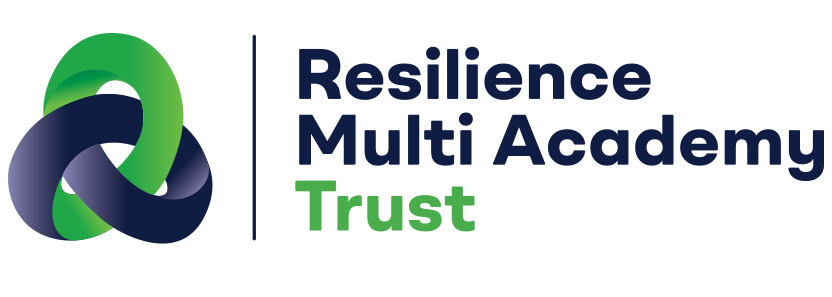MFL
Intent:
Learning a foreign language provides an opening to other cultures and promotes diversity and tolerance. A high-quality languages education should foster students’ curiosity and deepen their understanding of the world. Our KS3 and KS4 curriculum provides a solid basis for transition to the skills required at GCSE level and beyond, whilst giving students the ability and confidence to manipulate and produce the target language confidently and accurately, in the spoken and written form.
Learning a language not only helps to develop a cultural awareness, but it also promotes problem-solving, thinking skills, literacy and numeracy skills. Our curriculum aims to enable pupils to communicate well in French, expressing themselves freely, whilst giving and justifying points of view. We want to equip our students with the skills and knowledge to be able to study or work in other countries.
We want to make our students aware of the value and importance of learning a language, and we aim to develop their respect for others, both in our community and around the world, building their cultural capital and widening their horizons through the use of authentic materials, class activities, cultural events and trips.
We aim to equip our students to study languages post 16, and in the longer term, to be able to work with people from around the world. We focus on developing their competences in listening, reading, speaking and writing, building up their independence and self-confidence over 5 years.
We aim to ensure that:
- Our students understand and can respond orally and in writing to language from a variety of sources.
- They speak with increasing confidence and spontaneity, mastering phonics and pronunciation.
- They use the variety of grammatical structures they have learnt when communicating their own ideas to produce coherent language in several timeframes.
MFL Curriculum Plan Overview : A 5-year journey
Year 1 & Year 2 (Years 7 and 8) : National Centre for Excellence for Language Pedagogy (NCELP) : In Years 7 and 8 we are teaching the NCELP schemes of work, which are proposed as examples of how language knowledge and practice can be sequenced and re-visited systematically to support progression in the early stages of language development within a low exposure foreign language setting. These schemes take account of the national curriculum programmes of study for key stages 2 and 3. They build on the foundations of grammar, vocabulary and linguistic competence envisaged by the programmes of study for key stages 2 and 3, increasing the level of linguistic and cognitive demand. Linguistic content focuses largely but not exclusively on the most commonly occurring vocabulary.
Year 3 (Year 9) : Bridging Year : Year 9 builds on the knowledge secured in Years 7 and 8 through the NCELP Scheme of Work and provides a sound foundation towards the skills and knowledge required at GCSE level in KS4. In Year 9 there is a review and extension of key grammar points already explored, as well as a focus on vocabulary acquisition across several different topics that will link to the GCSE syllabus. We will begin to embed the grammar and vocabulary required when giving descriptions and preferences across a range of topics. Our final module in Year 9 is a cultural exploration of a number of francophone countries and the differences and similarities between these countries and our own.
Year 4 (Year 10) : GCSE Year 1 (AQA syllabus) See topics below
Year 5 (Year 11) : GCSE Year 2 (AQA syllabus) See topics below
Please click below to view full Implementation



